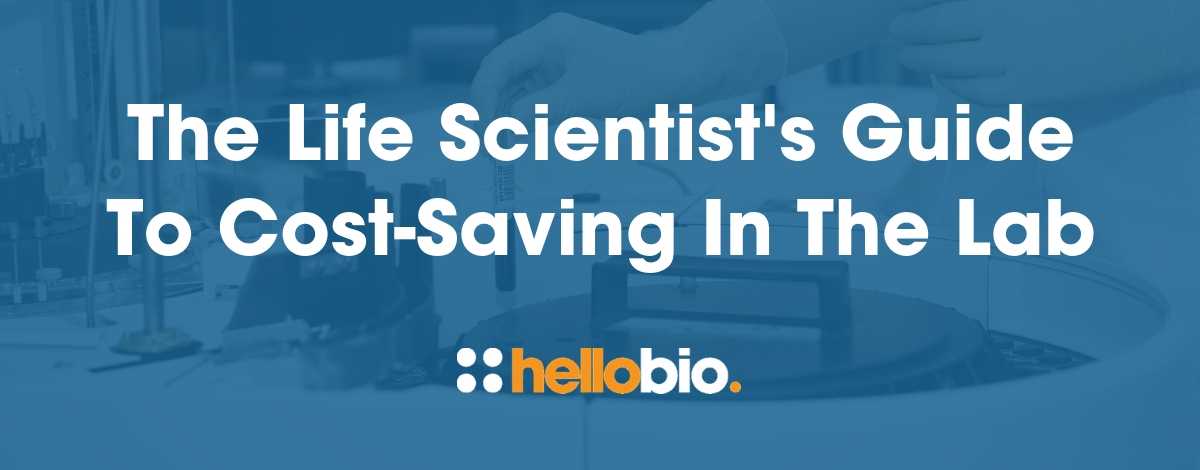Interviews with Scientists: Fabien Naneix
Fabien Naneix is a postdoctoral research associate in the Department of Neuroscience, Psychology and Behaviour at the University of Leicester, UK. He is originally from France and attended the University of Bordeaux where he obtained his BSc in Cellular Biology & Physiology in 2006, then his MSc in Neuroscience in 2008.
After this, Fabien joined the Aquitaine Institute for Cognitive and Integrative Neuroscience in the team of Dr. Etienne Coutureau where he obtained his PhD in 2011, and his did first postdoc on the development of the dopamine system during adolescence and its vulnerability to palatable food consumption. Since 2017, Fabien has been part of Dr. James McCutcheon’s team in Leicester where he is working on the cortico-limbic circuits underlying the control of food intake and especially protein appetite.
We spoke to Fabien about his work, the challenges facing scientists internationally, the lessons he’s learned so far in his scientific career, and more.
Great to speak to you, Fabien! Firstly, tell us a bit more about your current research at the McCutcheon Lab...
My current project is to investigate the neurobiological circuits underlying the control of food intake. In the lab we are especially interested in the control of appetite for proteins. It's a very important part of our diet as several amino acids cannot be synthesized de novo and can only be found through food intake. There are also some theories suggesting that, in humans, inadequate protein diet may contribute to several disorders, including the development of obesity.
To study that we use a behavioural model of protein preference in rats. When they are maintained under a low protein diet, rats regulate their intake by preferring to consume a flavoured solution containing protein versus another flavoured solution containing carbohydrate (e.g. sugar). We combine this behavioural model with specific targeting of neuronal populations using viral approaches and in vivo recordings using fibre photometry. Combining these methods, we can investigate the activity of specific cortico-limbic brain regions when rats prefer the protein solution and how this is modulated by internal and external factors.
Did you always want to be a scientist when you were younger, and why?
I think so, even if it was not in Biology. Before high school I was more into History but when I really started to learn physiology and cellular biology I instantly loved it. I was interested in scientific research without really knowing what it was. It was only during my second year at university that I started to learn neuropharmacology. I was fascinated by how drugs could change behaviours, and how to investigate that. The same year I had to do a two month internship in a lab and I found one in a neuroscience lab, where I jumped deep into behavioural neuroscience. It was my second "click" and I decided to work hard to pursue a neuroscience degree and go to grad school. A few years later, I started my PhD in this same team!
What do you enjoy most about your current work?
We learn something new every day, and no two days are the same. There are of course ups and downs, but there is something really exciting about learning something you didn’t know before and finding something that wasn’t known before. Even if it is a small finding that would only be interesting for a limited group of people in the short term, I can’t think of anything more rewarding than knowing that in some way our knowledge increases because of our work as scientists.
What advice would you give to someone just starting out with their PhD?
Pick a supportive mentor and a good lab. That’s probably more important than picking a good subject. Your PhD could be a real emotional roller-coaster, and it is important to have a very supportive environment. I would not be here without the support I received from my PhD advisor during and after my PhD. It is also important to try to maintain a good life / work balance and a social life outside of the lab. I’m still struggling with that, but I always say to my students that I am not an example to follow on this point.
What's the most important lesson you have learned so far in your scientific career?
I have three lessons actually:
1. Don’t panic, because this work is full of unexpected things and the best way to deal with them is to take a step back and think logically about the situation.
2. Don’t doubt yourself too much. It’s normal that you don’t know everything about everything, you are learning and that is the whole point of the PhD.
3. Don’t compare yourself to others too much, and follow your own path. It will pay off in the end.
What's the biggest achievement in your career to date?
My PhD, especially my defense. I am a first-generation student and I was really proud to present my work in front of the committee but also the rest of the lab, my family, and friends.
What do you think are the biggest challenges currently facing life scientists and their work at the moment?
The uncertainty for your career; the lack of funding; the pressure to publish, publish high and publish all the time. All of these!
I started work in France, then I moved to England. I am also working in the USA for a few months on a collaboration. Each country’s system has its pros and cons, but these three elements are at the core. Funding is sparse and difficult to get, the number of positions (especially long-term fixed positions) is even worse, and we are all convinced that we need to do the equivalent of 10 years’ work in only three by ourselves to publish in Nature or Science.
I really think this is becoming toxic, not only for the students and researchers, but also for the quality of science.
What does a typical day in the lab look like for you?
It’s difficult to describe a typical day. I usually arrive to the lab between 8am and 9am. If I don't have a long experiment with behaviour and recordings, I start by going through emails while having a coffee. The rest of the day depends on what kind of work I have to do. Usually behaviour takes a big part of the day. Immunohistochemistry or molecular biology is less time consuming, even if it is more distributed throughout the day. I try to keep a part of my afternoon aside to analyse results and keep updated on the literature. Also, I really try to have a lunch break during which I’m not working, and go outside for it on sunny days (I am French, lunch is as important as the other meals!)
Outside the lab, what do you enjoy doing most?
I enjoy different things. I love going to the cinema, reading comics, and playing video games. That’s my way to step away from the lab and the work. When I was living in Bordeaux I enjoyed going to the beach during summer time. I miss that since being in England, but I try to explore the country.
If you weren’t a scientist, what do you think you’d be doing?
Good question. I could see myself having a comic book store or working in a library. Before starting my biology degree I also considered being a forensic doctor.
What is it about your field of research that gets you most excited?
In the last 10 years the tools used in neuroscience research have boomed. The level of analysis we can do now by combining genetic and optical tools, recordings, behavioral models, in vivo and ex vivo measures is crazy. This is also a risk though, and we have to be really careful to have proper controls and not over-interpret.
Which scientists working today do you most admire, and why?
My background is a mix of neurobiology and experimental psychology, so I really admire neuroscientists who are able to combine elegant behavioural designs with new neurobiological approaches to investigate cognitive processes. This is why I really love the work done by Dr. Patricia Janak at John Hopkins University (Baltimore, USA) and Dr. Mark Walton in Oxford (UK). The work performed over the years by Prof. Kent Berridge (University of Michigan, USA) on the neurobiology of pleasure and desire is also terrific!
What’s your favorite science quote?
"Science knows no country, because knowledge belongs to humanity, and is the torch which illuminates the world." - Louis Pasteur
What do you think is the greatest scientific discovery of all time?
I would probably say the discovery of the DNA double-helix structure by Rosalind Franklin, James Watson and Francis Crick.
_________________________________________________
Thank you so much, Fabien! We wish you all the best with your ongoing research!
If you’d like to connect with Fabien, you can follow him on Twitter at @FabNaneix
Want to feature on our blog? Email us at hello@hellobio.com
_________________________________________________
If you enjoyed reading this interview, why not check out the other resources available on our blog. One of the things we’re most passionate about is supporting early career life scientists and PhD students. We know how tough it is - so we hope you find these helpful!
Advice & guidance for life scientists
Click below to view our of essential guides and articles includes to support life scientists, PhD students & early career life scientists:
Travel grants
Every month we give away $500 to PhD students and Postdocs so that they can attend a scientific conference - click below to find out more:
Wellbeing for scientists
Click below for our resources to help improve your wellbeing:
Technical resources
Try our Molarity Calculator: a quick and easy way to calculate the mass, volume or concentration required for making a solution.
Try our Dilution Calculator: an easy way to work out how to dilute stock solutions of known concentrations
Click below to see our Mini-reviews, Pathway Posters & Product Guides: a set of technical resources to answer your questions on a wide range of topics and to help you get started quickly.
And - when you get to the stage of planning your experiments, don't forget that we offer a range of agonists, antagonists, inhibitors, activators, antibodies and fluorescent tools at up to half the price of other suppliers - click below to see how we compare with other suppliers:
Advice from your fellow scientists
Click below to read advice from other scientists:























